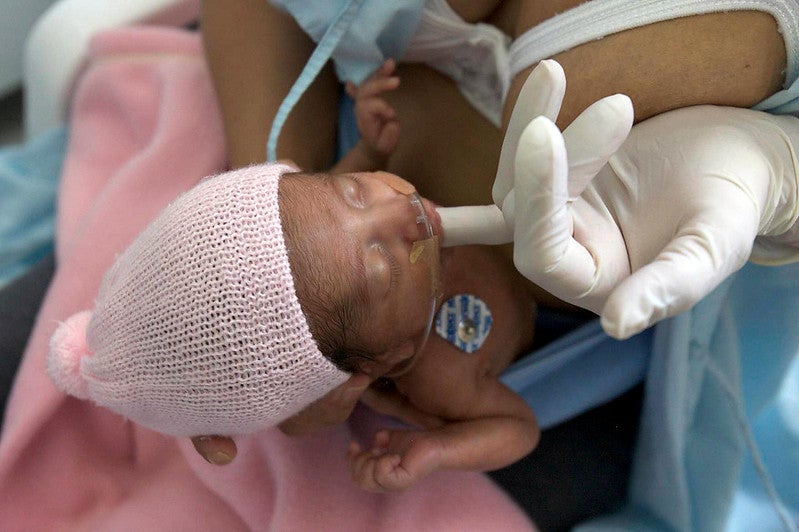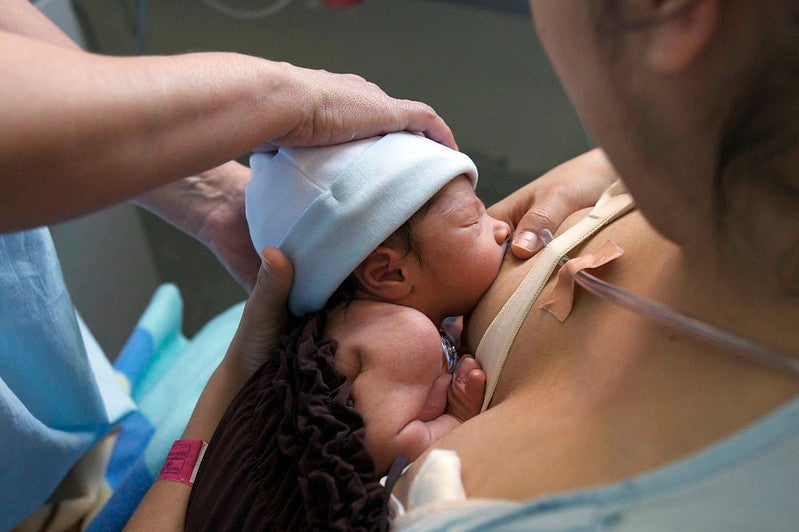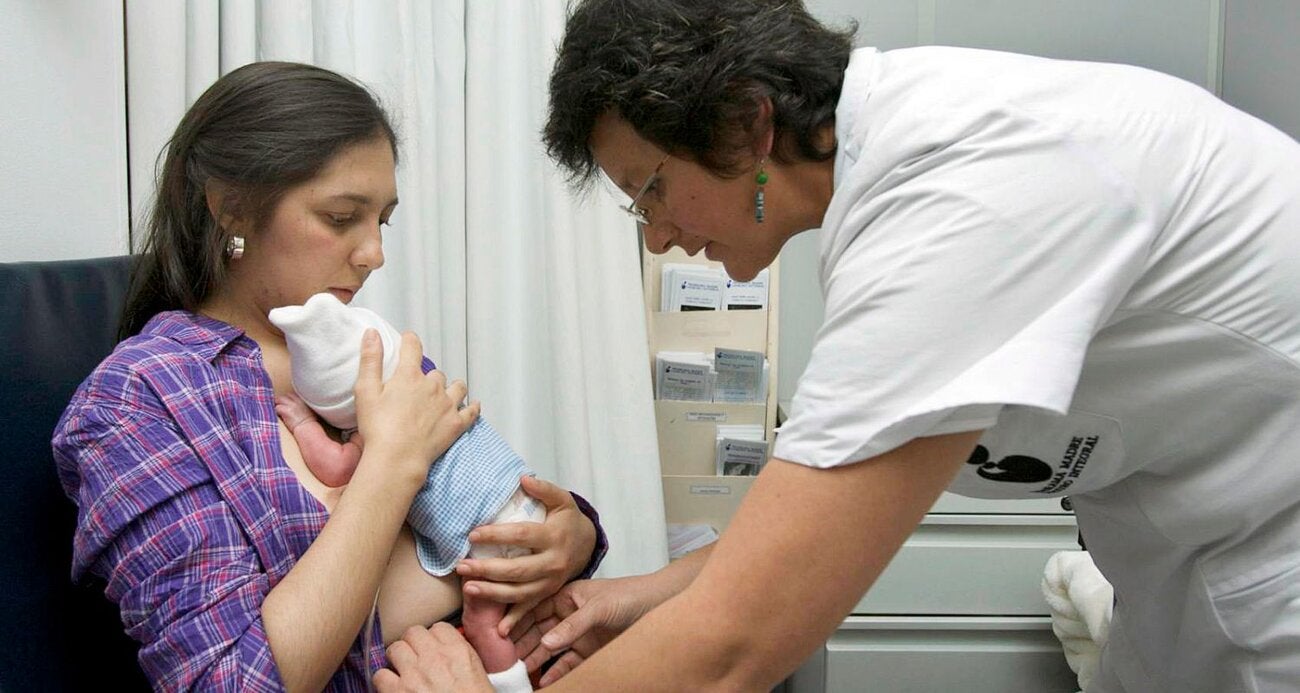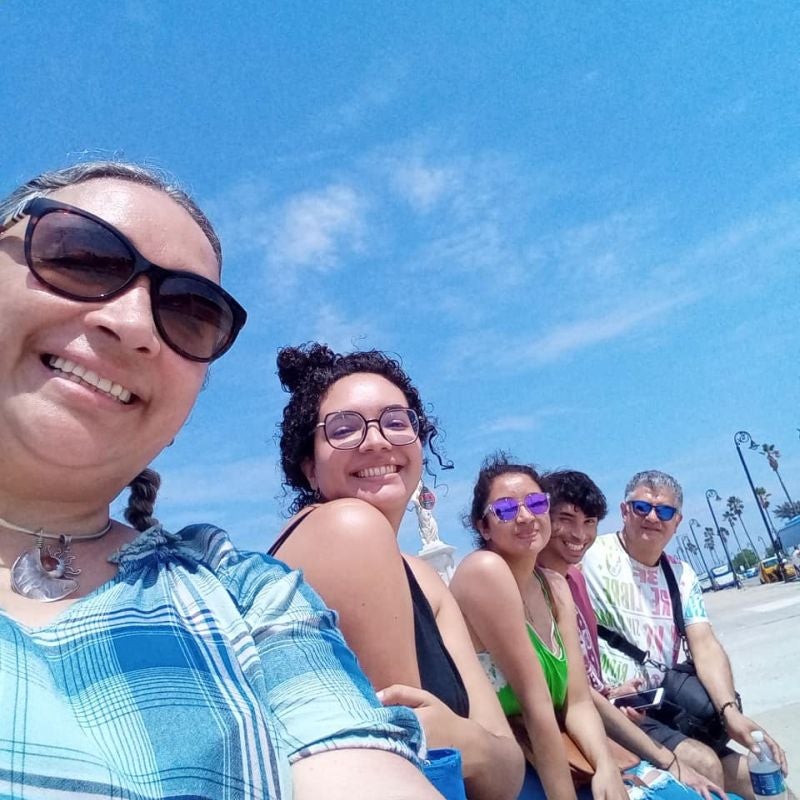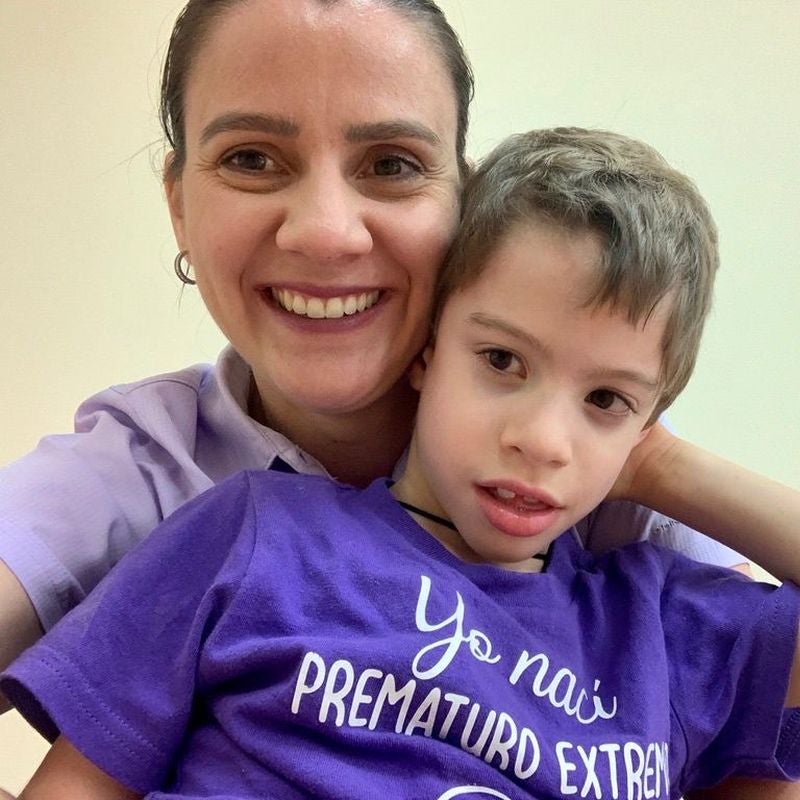World Prematurity Day is celebrated every November 17th as a day to raise awareness of the challenges faced by premature babies and the critical need for quality neonatal care. In the context of this day, powerful stories emerge of families struggling to provide their premature children with the best possible care. PAHO emphasizes that quality care for these babies should not be a privilege but a right that must be guaranteed for all families.
— November 2024 —
Viviana Fernández from Costa Rica recalls the two months she spent in hospital with her son Matías. "We went home with a not very favorable prognosis... we were excited, but very scared. Seeing myself as the primary caregiver, with no training and with such a fragile baby, was very hard", she remembers. Matías was born prematurely, which not only involved a fight for his life but also generated constant uncertainty about his future.
In the Americas, nearly 1 in 10 babies is born prematurely, amounting to over a million newborns each year. Prematurity complications are the leading cause of neonatal death, and survivors are at higher risk of disabilities and developmental impairments, underscoring the urgent need for specialized care and family support.
For the Pan American Health Organization’s (PAHO) regional advisor on Perinatal Health, Pablo Durán, "it is essential that babies not only receive quality care within the hospital, but also during follow-up after discharge, since families and caregivers play a crucial role in their survival and development."
In this sense, practices such as breastfeeding and kangaroo care (skin-to-skin contact) are essential for the baby's development and for strengthening the bond between mother and child.
Navigating the uncertainty of premature birth
Angélica Gómez also experienced the anguish of seeing her son, Santiago, born prematurely. At 27 weeks of pregnancy, Angélica was urgently admitted to hospital in Mexico. Following an emergency cesarean section during which Angélica lost consciousness due to severe complications, "I didn’t want to ask about Santiago for fear they’d tell me he had died," she recalls. When she woke up, uncertainty enveloped her. "On the third day, my husband asked me if I remembered that we had had a son. 'He's waiting for you, he's waiting for you to recover,' he told me."
That was the encouragement she needed to recover and be able to care for her baby. However, she was unable to find the support she needed. "We were not sufficiently prepared or given enough information about the care that Santi needed. I had moments of depression, panic attacks. You want the pain and uncertainty to end," adds Angélica, who, after her experience 18 years ago, founded the Mexican Association for Parents of Premature Babies Pequeño Nunu, with the aim of providing support to other families who had gone through or were going through the same thing as her.


